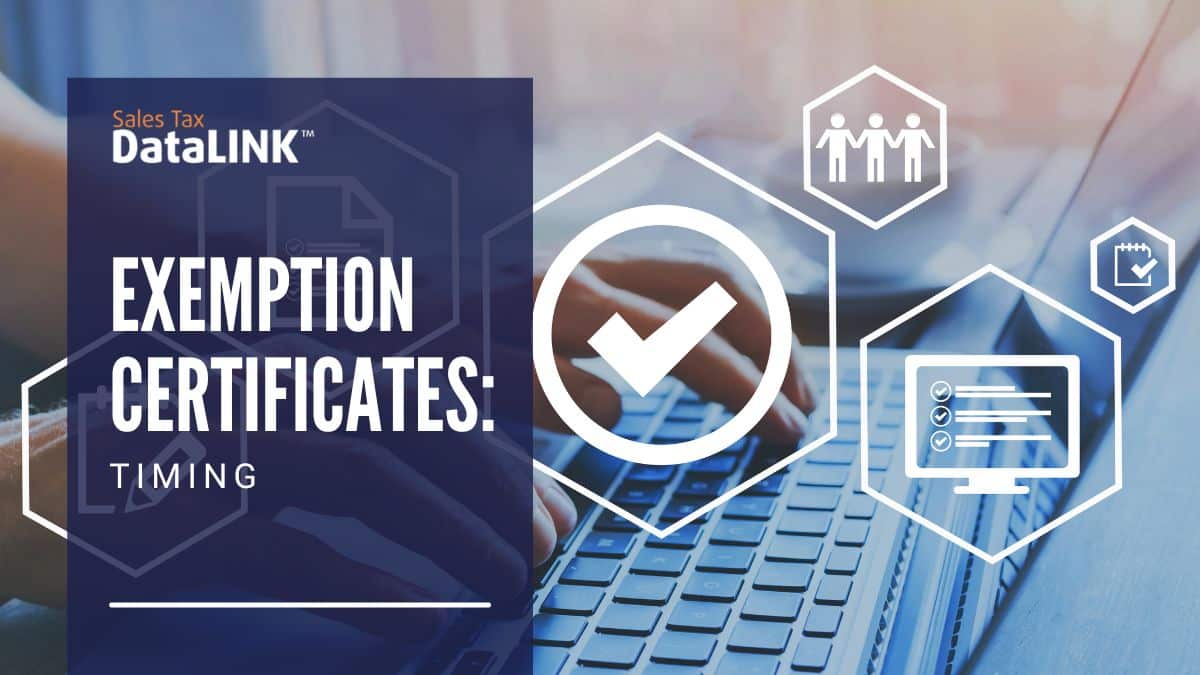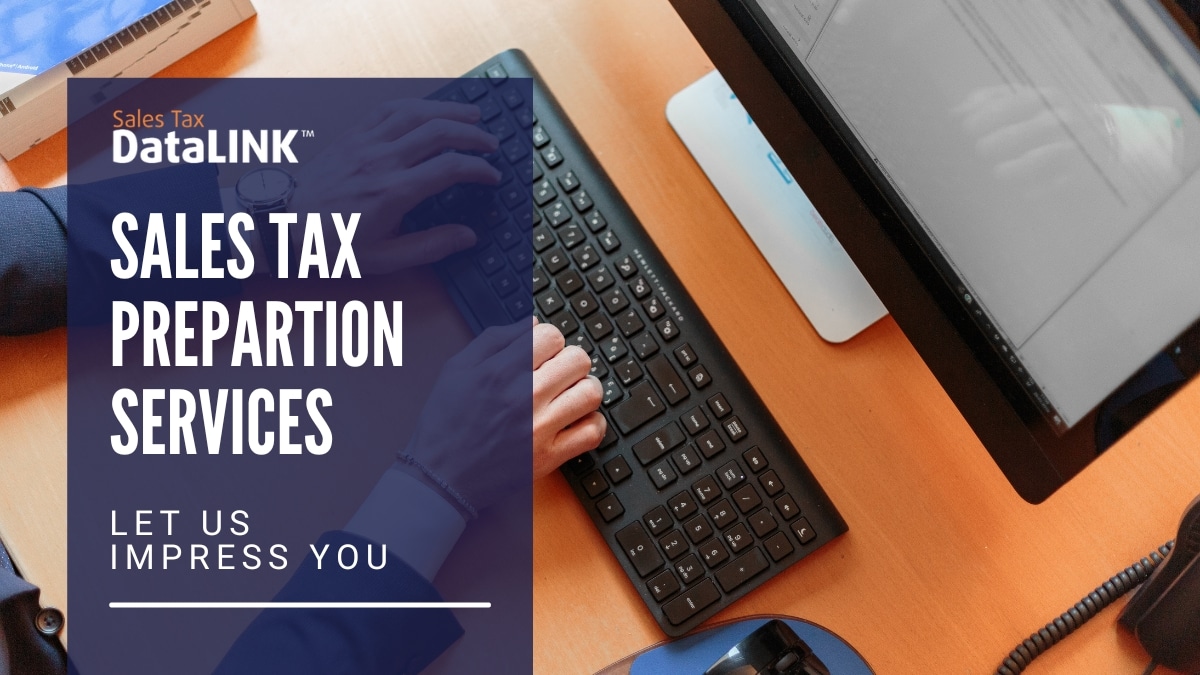While we often discuss the idea of customers shopping online to reduce overall costs in terms of sales tax, manufacturing companies can do the same thing by seeking out vendors and suppliers in lower sales tax jurisdictions for cheaper deals. While e-commerce is big business, in any individual case, a purchase of a truly high-ticket item like an airplane has more effect than a lot of purchases of shoes from Zappos. Manufacturers can save hundreds or thousands on their machinery and related costs just by buying it in a state with lower sales tax. In terms of your side of the equation as a supplier, it might not be worth the effort to sell to other businesses who are searching out the lowest sales tax rate competitors. There may be a downside, though.
If your company does a lot of business with buyers outside of your tax jurisdiction, sales tax collection can get complex. Destination and origin differences between states can add complexities to your sales tax filing. On top of added complexities, if anything changes and you’ve built your business on out-of-state buyers, it might end up costing you your business. Tax laws change often, so it might be just a matter of time before another jurisdiction gets low enough sales taxes to tempt your customers.
Changes in your own state’s tax code might also change your ability to be the lowest bidder. The solution to these quandaries is to make sure you’re aware of all the relevant changes — or that your software is. Ensuring your business is equipped to handle the complexities in sales tax filing is important for the continued success of your business if it is based on a low sales tax business model. Choosing a sales tax filing software that is cost-effective and helps reduce the amount of time you need to spend filing is important to keeping your costs down and managing your sales tax filings appropriately.




